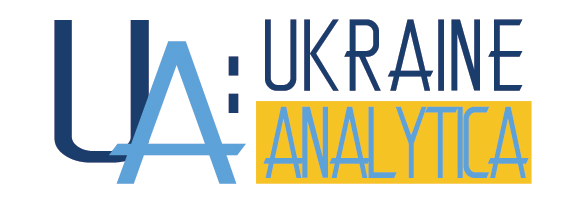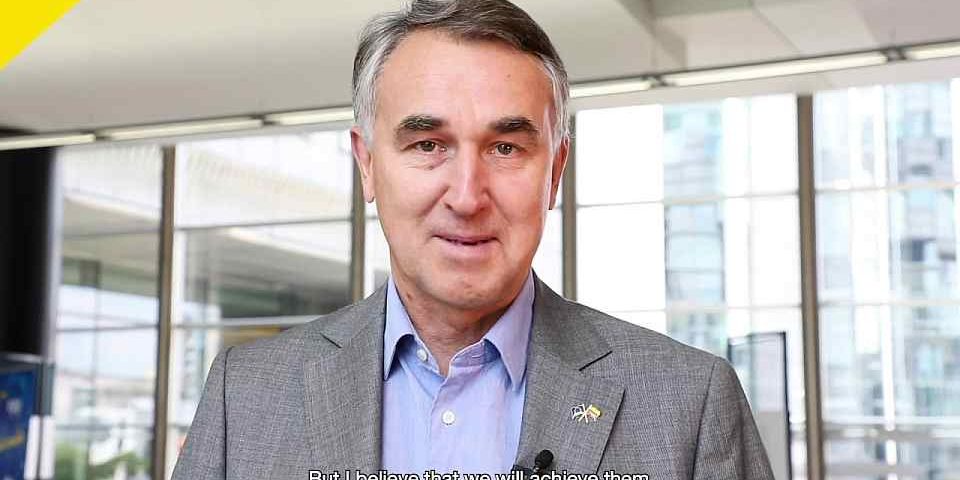Interview with Petras Au?trevi?ius, Member of the European Parliament
Chair of the European Ukraine Group in the European Parliament
Can the European Union as an organisation be a successful mediator in current conflicts around the globe? What can be priority regions for such a mediation?
The European Union’s ambition to be a real global player envisages a more proactive role in global politics. The EU has a solid political and financial background and capacities to achieve it. In the area of conflict prevention, peacebuilding, and mediation, the European Union needs to develop an ability to speak with one voice and represent its interests in a united way. If achieved, this would allow the EU to take part in peace-building processes as a combination, not under domination, of its individual member states.
I believe the European Union should start increasing its global leadership by addressing security challenges in its immediate neighbourhood, where it has a legitimate interest to guarantee stability and peace. Diplomacy has to be reinforced by ability to provide all necessary support to our partners. At the moment, a new European Peace Facility is being developed with an intention to have more means to assist our partner countries in developing capacities of their armed forces to preserve peace, prevent conflict, and address security challenges.
What is the role of the European Parliament in peace processes around Europe?
The European Parliament is a primary institution in promoting democratic values and principles, upholding fundamental human rights and stability in the European continent and worldwide. In the parliament, we remain convinced that stability and cooperation are essential components for peaceful coexistence. Therefore, we work to strengthen democratic institutions and to foster cooperation on multilateral, regional, and bilateral levels. Throughout such formats, as the Euronest we engage with our counterparts in the Eastern Partnership countries and share our support and guidance on democratic reforms. The Sakharov Prize for Freedom of Thought might be the most visible of our attempts to note down human rights violations worldwide, but we follow these violations, look for ways to bring an end to them and to assist the victims on a daily basis. Myself, I am a strong supporter and promoter of the Global Magnitsky Act, a global sanction mechanism against those involved in and committing human rights violations.
Should the European Union play a greater role in mediation and peacekeeping process in Ukraine?
Ukraine is an important associated partner of the European Union. We believe Ukraine can gain and achieve much more through the overall process of Europeanisation, when employing best practices developed by the EU through means of cooperation, legal approximation, and economic engagement. The European Union is a committed partner and wishes to see Ukraine politically stable, economically developed, and prosperous.
I personally believe that the EU must be more proactive and more visible in Eastern Europe. Our actions within resumed peace negotiations need to be firm and reflect our commitment to sovereign Ukraine and its people’s choice. We should help to achieve eventual removal of all armed groups from the occupied territories of Ukraine and Ukraine’s regaining full control of its border with Russia. In order to ensure consistency of negotiations, we should think about additional measures, for example, a supportive package for Ukraine’s macro-economic stability, including a social stability package for the population of the occupied territories of Ukraine.
Can the peacekeeping aspect be added to the cooperation between European Union and the Eastern Partnership states?
The European Union positively assesses participation of such Eastern Partnership countries as Georgia, Republic of Moldova, and Ukraine in the EU-led common security and defence policy missions. It is a clear proof of our joint commitment to develop a peace project worldwide. I truly believe the Eastern Partnership countries will become even more involved and committed to strengthening the European Union’s common foreign and security policy and further developing the EU’s strategic autonomy in the field of security and defence, including the peacekeeping operations.


